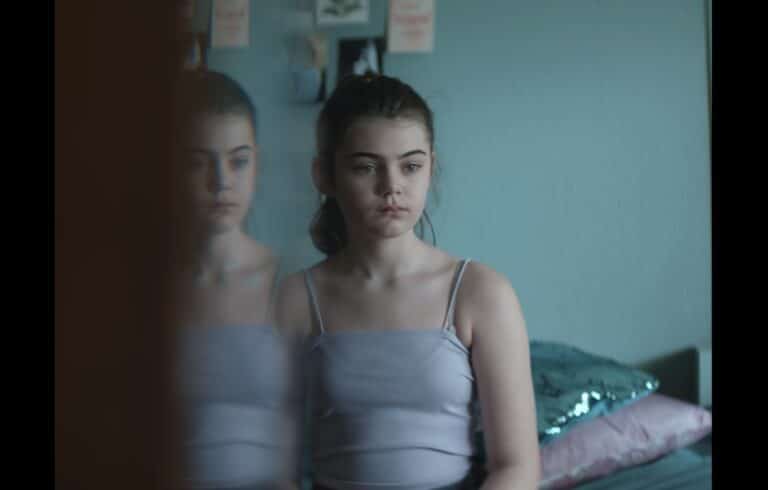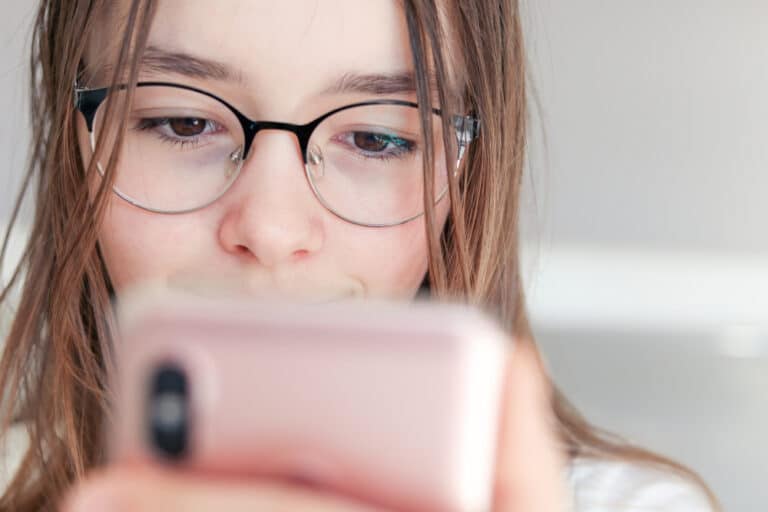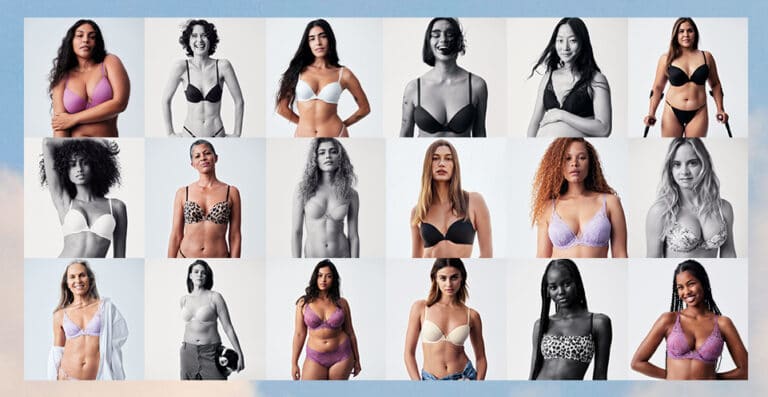I enjoy trips down memory lane as much as the next person.
Looking through old photo albums and scrapbooks (yes, I know I’m dating myself because everything is on our phones nowadays) can soothe our sentimentality and bring precious memories back for us to hold and cherish once again.
However, the latest trend on TikTok is filling up my feed and has me feeling a little uncomfortable. I’m sure most of you have seen or heard of it—it’s the teen filter.
When the filter is applied, a split screen appears and shows the real version of you on the bottom and the teen version of you on top. There’s even an option to record video of this, and most TikTok users do so, capturing their emotions as they marvel at this younger version of themselves.
RELATED: Once Upon a Time Before Smartphones and Social Media
Can it be fun? Sure. Can it be nostalgic to get this glimpse into the past? Of course.
Some people are even commenting that it lets them remember how their younger self felt, and offer them love and healing from their current vantage point in life. I completely get the value in remembering our past selves and showing grace, caring, and gentleness that we or others may not have shown us then. But do we need a filter on social media to do this?
I think the answer to that is clear.
Some say this whole trend is giving off an unhealthy message about youthful appearances and aging. We as a society, and especially as women, already face enough pressure to look young. We’re bombarded on social media and television with ads, videos, and infomercials for products, procedures, and tools to keep us looking younger. Having this filter go viral amplifies that unhealthy message, and it’s not just adults who are affected. Tweens and teens are all over TikTok, so this is impacting them too. Just like all the shiny and exaggerated highlights they scroll through daily, a filter like this can prey on their insecurities.
It could also make it even easier for dangerous people to pretend they’re someone they’re not and take advantage of vulnerable tweens and teens. In a world where children must learn about “stranger danger” in new forms and in new places, this filter takes it to a new level. It’s more important than ever to help our kids stay safe online and to be wary of people they don’t know reaching out to them.
There certainly are harmless and even fun uses for this teen filter, just like the many entertaining Snapchat filters. But at some point, we need to ask ourselves: when is it being taken too far—and what are we really filtering?

If you liked this, you'll love our book, SO GOD MADE A MOTHER available now!
Order NowCheck out our new Keepsake Companion Journal that pairs with our So God Made a Mother book!
Order Now


















